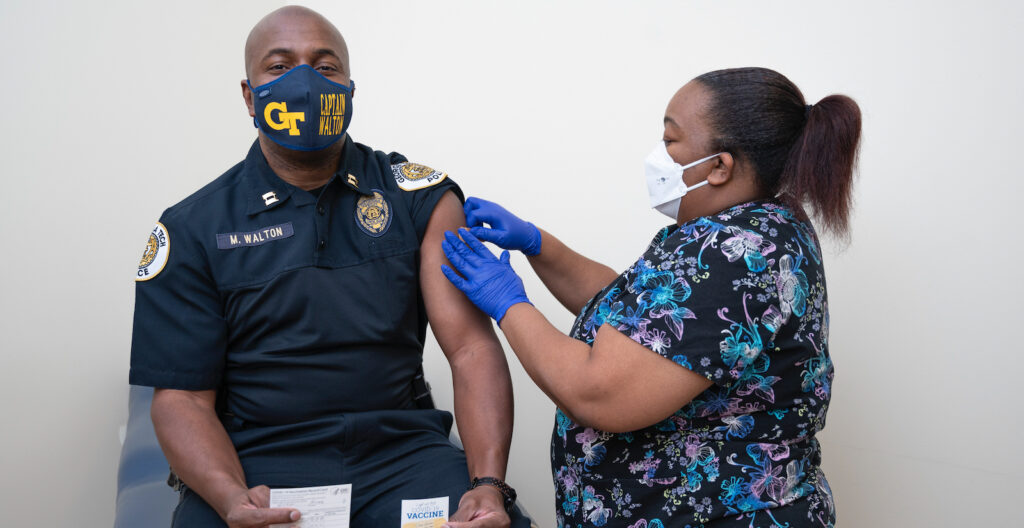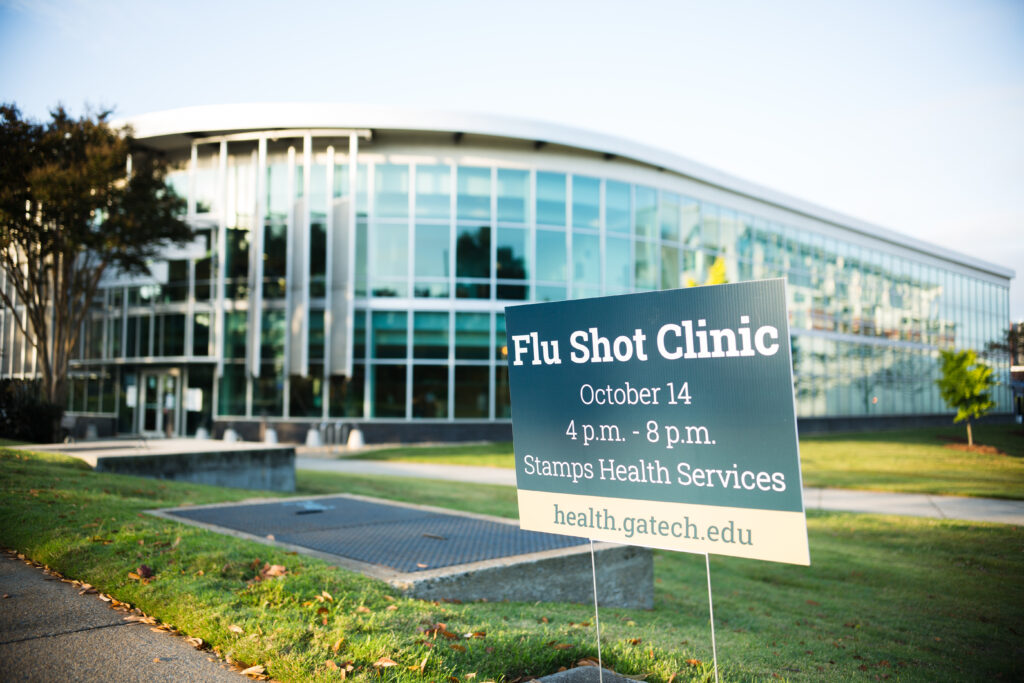
Two Tech grads recently released Reframe, an app to help people struggling with alcohol addictions, that started as a project in Tech’s CREATE-X program.
Ziyi Gao, IE ’17, and Vedant Pradeep, CHBE and CMPE ’19, started working together in Tech’s CREATE-X program trying to create an app to help with hypoglycemia detection.
The pair then changed focus to creating an app to help with obsessive compulsive disorder, a condition that Pradeep personally struggles with.
Gao and Pradeep wanted their app to help people with OCD distract themselves during episodes and founded the app on the science behind craving management.
They started to look for doctors to help them develop their app but were told instead that the format would better help people struggling with substance abuse, which was a much larger market.
In a recent interview with the Technique, Pradeep said they then narrowed their focus to people addicted to alcohol and “started out with an app for people in recovery centers.”
The pair then tried to reach out to recovery centers to bring them on board and briefly had success in doing so.
However, when the coronavirus pandemic hit, many centers backed out.
Gao and Pradeep then started to reach out to more doctors at Emory and Johns Hopkins to advise them on the app.
With a team of advising doctors and mentors from CREATE-X, the pair released the app five months ago.
The team is consistently updating the app with new ways to manage alcohol cravings and is bringing on more people to partner within the app.
Reframe came at a critical time for those struggling with alcohol abuse, as the ongoing pandemic has left many without the in-person support they previously received.
“You don’t have a good way to socialize, get help, etc.,” Pradeep said about what the pandemic has taken away from those struggling with sobriety.
“There [were] not remote ways to help,” he continued, referencing how groups like Alcoholics Anonymous ceased most of their functions since they can no longer be in person.
The pair noted how they were proud that their app was actually helping people as much as other methods of becoming sober.
“Recovery centers are really expensive, and other things are stigmatic,” Pradeep said about other recovery options that are available.
The pair said that they are “bringing a recovery center to your pocket at a thousandth of the cost.”
They also said that the CREATE-X program here at Tech helped them to get guidance and initial funding and overall helped “turn our idea into a company.”
Gao and Pradeep are still advised by mentors Mike Polak and Rahul Saxena of the CREATE-X program.
Reframe has grown from an app with two subscribers to over 2,500 in just a few months.
Currently on the App Store, the app has a rating of 4.8 out of 5 stars.
One review calls Reframe a “great tool for sobriety” while another states names it “the best app for anyone looking to change their drinking.”
With this initial success, the pair has no intentions of stopping anytime soon.
“This is applicable to other verticals, like binge eating or other substance abuse,” Pradeep said on looking in other directions in the future.
In the meantime the pair is still working on making Reframe the best app possible for its users.
“We don’t just want people to survive. We want them to thrive,” Pradeep commented on Reframe’s multiple features to manage current cravings and reinforce positive habits for the future.
Ultimately, it is the goal of Gao and Pradeep for their app to help their users attain sobriety and offer an “easy way to reframe behavior.”







